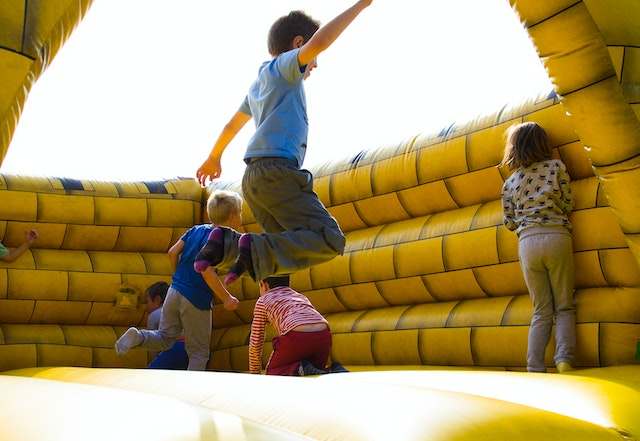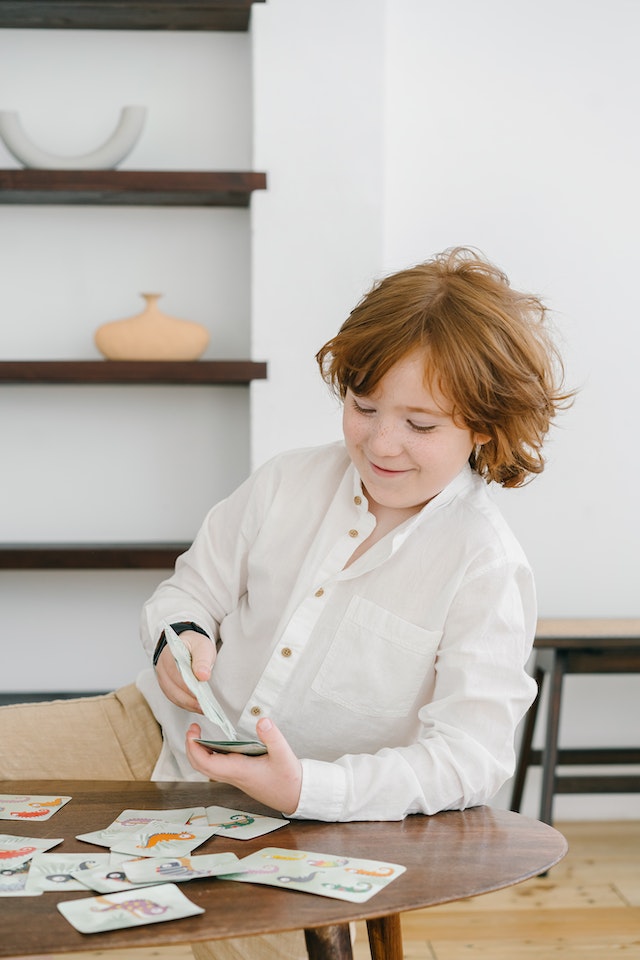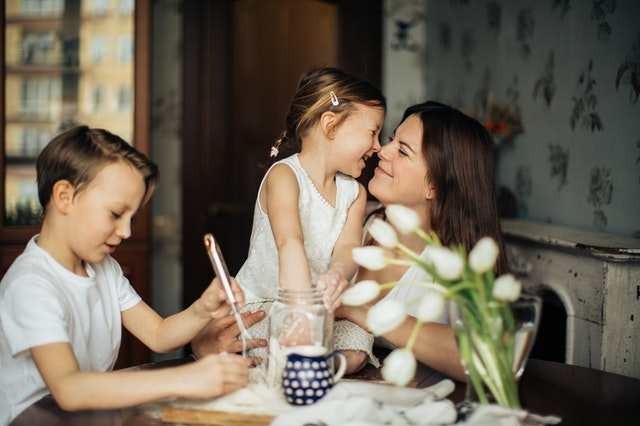Understand the importance of making flashcard learning sessions engaging and interactive for children.
Here are some effective strategies to create a stimulating and enjoyable flashcard learning experience:
Make it Fun:
Infuse the learning session with elements of fun and playfulness.
Use colorful and visually appealing flashcards with attractive illustrations or photographs that capture your child’s attention and curiosity.
Incorporate Movement:
Get your child physically involved in the learning process.
Encourage them to stand up, jump, or hop while holding the flashcards.
They can perform actions related to the content on the flashcards, such as imitating animal movements or acting out verbs.
Use Multi-Sensory Techniques:
Engage multiple senses to enhance learning and retention.
Incorporate auditory elements by saying the word or concept aloud.
Encourage your child to touch and feel the flashcards, allowing them to have a tactile experience.
Interactive Games:
Turn flashcard sessions into interactive games.
Create matching games where your child has to find the corresponding flashcard pairs.
You can also play “I Spy” by describing a flashcard without revealing it, and your child has to guess which one it is.
Incorporate Technology:
Embrace digital resources to add an interactive element.
Use educational apps or online flashcard platforms that offer interactive features, such as audio pronunciation, animations, or quizzes.
However, ensure that screen time is balanced and monitored.
Storytelling:
Create narratives or stories around the flashcards to make them more engaging.
Connect the flashcards to real-life scenarios or weave them into imaginative tales.
This not only helps with memory retention but also fosters creativity and language development.
Peer Involvement:
Engage siblings or friends to participate in flashcard learning sessions.
Your child can take turns being the “teacher” or play games together, promoting social interaction and cooperative learning.
Set Goals and Rewards:
Establish achievable goals and reward your child’s progress.
For example, you can create a reward system where they earn stickers or small treats for correctly identifying flashcards or reaching certain milestones.
Follow the Child’s Interests:
Tailor the flashcards to your child’s interests and hobbies.
If they love animals, focus on animal-themed flashcards.
This personalization makes the learning experience more relevant and enjoyable.
Keep Sessions Short and Varied:
Young children have limited attention spans, so keep flashcard sessions short and engaging.
Vary the activities within the session to prevent boredom and maintain their interest.
Remember, the key is to create a positive and supportive learning environment.
Be enthusiastic, praise your child’s efforts, and provide encouragement.
By making flashcard learning sessions interactive and enjoyable, you can foster a love for learning and support your child’s educational journey.
![]()











